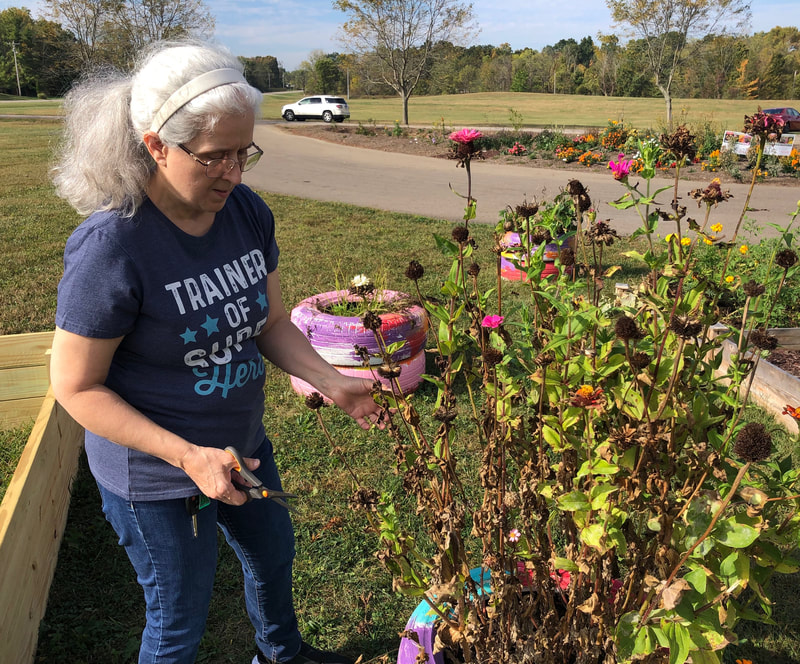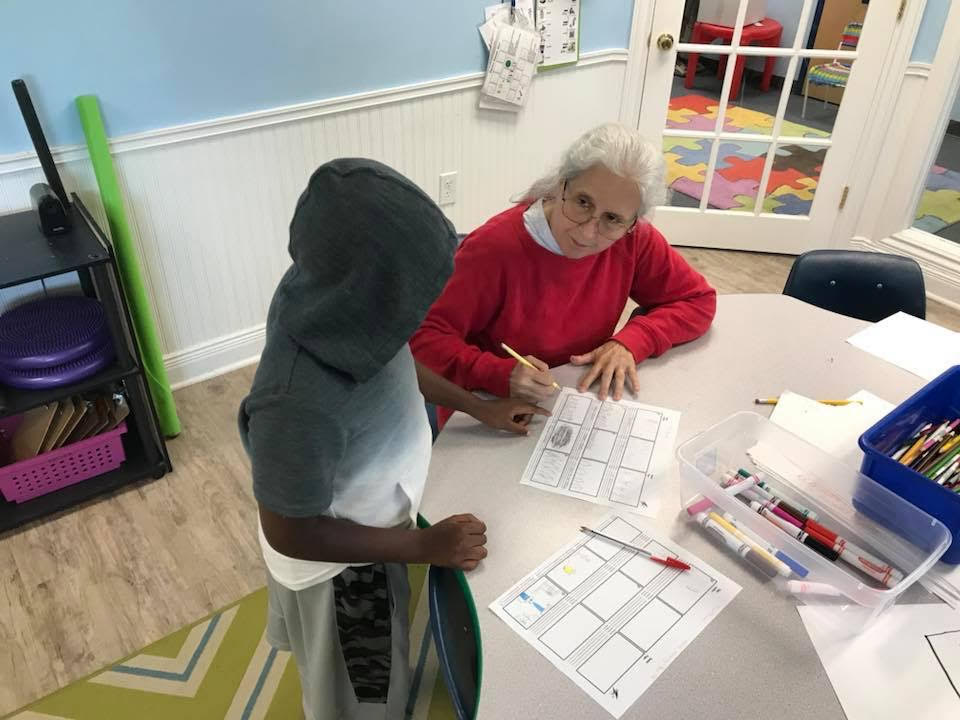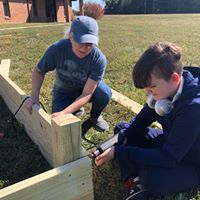|
By Sondra Williams, Learning 4 Life Farm Board Advisory Council Member, TLS instructor, adult self-advocate with autism Have you ever thought about what makes a person become a self-advocate? Is it their disability that drives them or is it something more? People don't just become self-advocates simply because they have a disability. It is a series of opportunities that leads a person to grow into their self-advocacy. Self-advocacy simply means empowering one’s voice about the choices and options a person can pursue for themselves or choose to put aside.
As for me, I am autistic. I did not choose to be a self-advocate when I started simply because I have autism, but it was a process of being engaged with those who had given me the opportunity to learn and develop my voice. I feel, as an autistic, it is my duty to give back to my peers by giving them the same opportunity to empower their voices. I, too, must give them space to grow and develop their own voice through self-advocacy. I created a program for The Learning Spectrum called Sensory/Social/Self-Advocacy Pre-Transitional Program, for students who are ready for the program at around age 10 and up. My goal is to encourage students to be more prepared for their transitional years by understanding what they will be advocating for and how to do that in the most effective way. Many make the assumption that individuals with autism or related disabilities will learn simply by being exposed to non-disabled peers. That assumption is damaging for those with disabilities. Don't get me wrong, we can learn from non-disabled peers, but for many things we need direct teaching for us to understand how to adapt or adjust our own mindsets when we are around others. My program breaks down into small teachable learning lesson segments in the area of social behavior. Now, I am not talking about the behavior that non-autistic people might expect of us, but how we can be the best we can be, while respecting social expectations. I truly love watching the growth process in my younger peers and find it a huge honor to be a part of this process for them. With the expansion of programs within The Learning Spectrum come the emerging transitional services of Learning 4 Life Farm. I am beyond excited about this movement. It is programs like this that expand options for individuals with autism and related disabilities. It provides opportunity, and, as I teach, "opportunity leads to capacity, capacity leads to confidence, and with more capacity and confidence comes more opportunity.” I am excited to see where this program will take my younger peers. I know that for some it will be key for employable skills, for some it will be just the lived experience that enhances their potential.
0 Comments
Leave a Reply. |
BlogArchives
March 2024
Categories |




 RSS Feed
RSS Feed